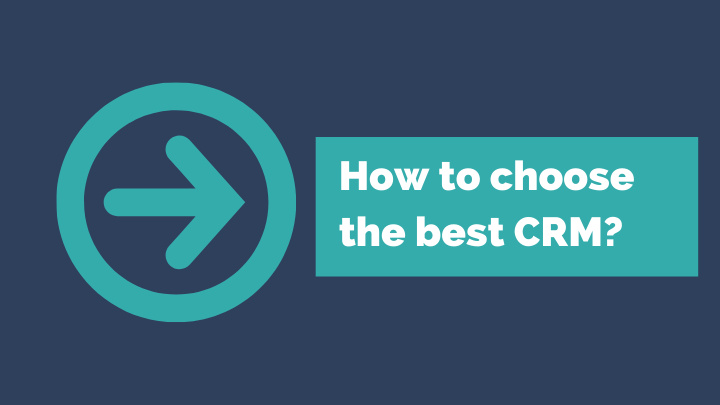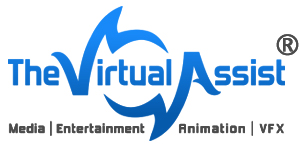
How to choose the best CRM?
CRM stands for Customer Relationship Management.
A CRM system is an essential tool for businesses that want to enhance the customer experience, generate more leads, and steadily increase their income. Moreover, it offers an organized way of converting leads into sales by building and strengthening customer relationships. It gives a complete dashboard of company’s operations, current sales, future projections, various statistics and so on.
However, if you’re new to the CRM world, you’ll likely start getting lost in all of the features and technical lingo, so you won’t know what to expect from the software. To help you out on how to choose the best CRM, we’ve created a list of our top three CRM capabilities that are a must for any growing business.
Integration capabilities
CRM systems are typically integrated and used with ERP (Enterprise Resource Planning) software, allowing you to manage all aspects of your business from one place. So, it’s incredibly important that the CRM system of your choosing has the ability to work with most (if not all) types of ERP solutions.
This process is also critical for synchronizing all of your data and keeping it in one place to avoid missing or losing important information. Moreover, the relationship between CRM and ERP is a critical aspect for managing sales, finances, inventory tracking, etc — so it has to be a stable one. Integration capabilities are important for businesses of all sizes, as all of them will likely need to use the features of both types of software at some point.
Easier and precise communication
CRM should allow for more convenient and transparent communication within the company itself, as well as with its customers. At the very least, the software of your choosing should have the ability to handle emails, databases, and any additional files efficiently.
So, you ought to look for solutions that offer a built-in knowledge base or/and a document management feature, which will better facilitate communication. These are by far the most convenient ways of keeping track of all relevant information across all levels of the company and are incredibly efficient. Additionally, to ensure more accurate reporting and analytics, the CRM software also ought to keep track of previous data and communications. This way, you’ll always be able to make better plans and business decisions regarding each client and project.
Robust features
Okay, this may sound like an overly general or logical statement — but hear us out. What we mean by robust features, are tools that help you gain more insight into the data that’s being collected and how to use it. You shouldn’t be using your CRM system to simply view, copy, and past data. On the contrary, it should be a tool to help improve customer relationships, forecast sales, plan, close deals — and much more.
Additionally, the most optimal CRM system should have built-in marketing capabilities, that allow you to manage your campaigns easier and more efficiently. Finally, it’s features ought to be able to automate your sales pipeline, forecasting, and follow up in addition to ensure a better bottom line.
Final thoughts
The right CRM solution will make a world of difference to your employees, clients, and business as a whole. So, it goes without saying that you must be quite diligent with your research, and weigh all aspects before settling on one. Hopefully, we’ve helped you do just that, and you now know how to choose the best CRM, and which features to look for.
